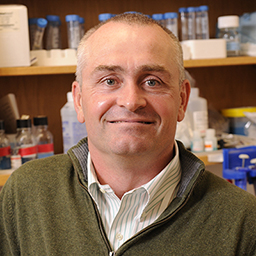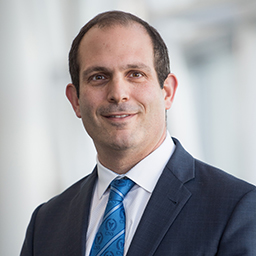Visionary Neuroscience Program
VNP supports high-risk, high-reward collaborative research that because of its novelty and risk profile is not suitable for NIH funding. These projects must be focused on either advancing fundamental insight into biology relevant to brain disease or on translating scientific discovery into the clinical arena.
Who is eligible?
Research projects must feature approved OBI Investigators from at least two different departments. Some level of interaction between basic science and clinical faculty is desirable but not required. Single PI and multi-PI applications are allowed.
What areas of research will be considered?
- Cell and molecular mechanisms of neurodegenerative disease
- Delineation and/or modulation of normal and disease-altered brain circuits
- Development of diagnostic tests
- Identification of biological markers of disease
- Determination of the effectiveness of drugs; and/or, the development of devices that could be used in the detection, treatment, prevention, or tracking of neurodegenerative diseases
What is the level of support?
The maximum total funding per project is up to $500,000 (up to $250,000 per year with a maximum project duration of three years)
Applications are currently closed.
2023 Awardees
Hormonal protection against alcohol intoxication by an FGF21-noradrenergic nervous system pathway

Professor and Chair
Pharmacology

Professor and Director
Center for Hypothalamic Research

Professor
Molecular Biology

2022 Awardees
Closed loop neuromodulation for treatment–refractory schizophrenia: a pilot study

Associate Professor
Neurological Surgery

Carol Tamminga, M.D.
Professor of Psychiatry

Professor and Chair
Neurological Surgery

Chair in Behavioral and Brain Sciences
The University of Texas at Dallas
